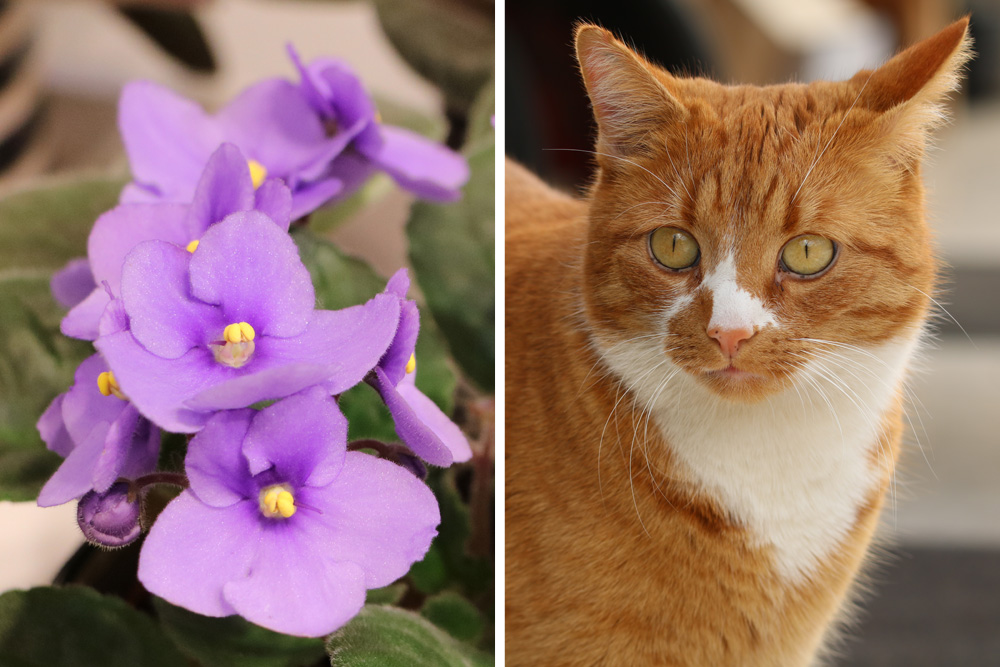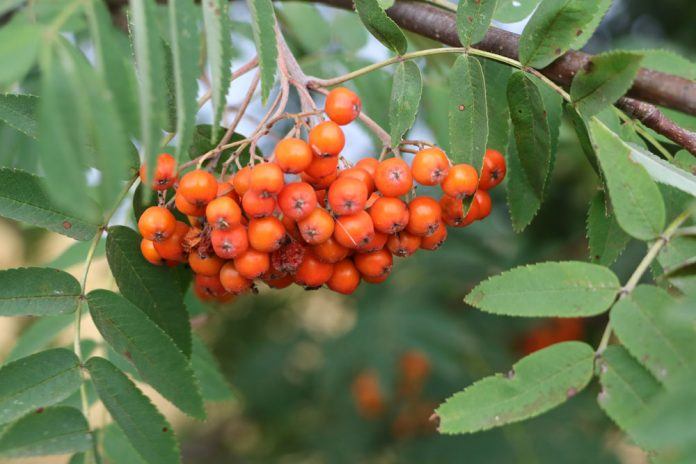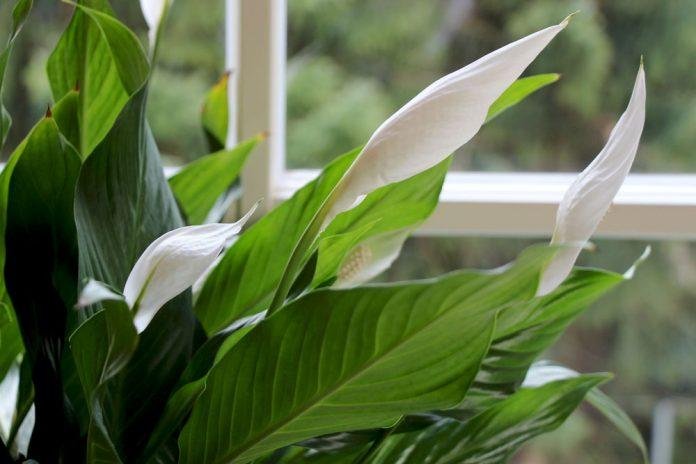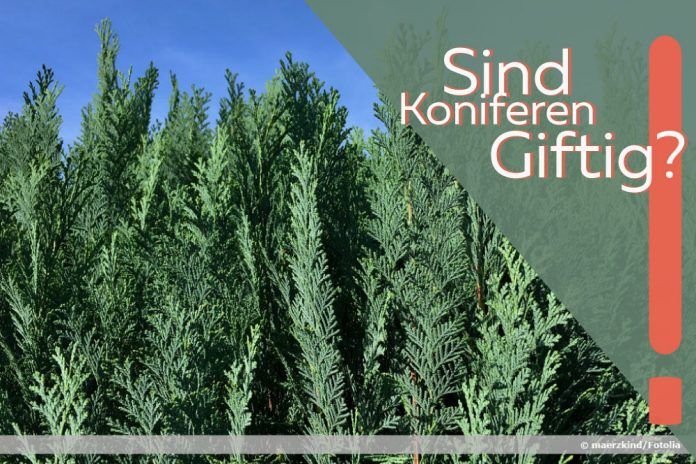
Again and again, experts warn to leave young children and pets unattended, even if only for a short time. "What should happen?", Many people think and w >
The African violet is poisonous?
If the gardener researches the toxicity of the African violet, he will come across various results. Unlike other toxic houseplants, Saintpaulia poses a relatively low risk. In general, the pretty container plant is considered to be harmless, since mere contact with the skin does not cause any body reactions.
Children, the dog or the cat do not only explore their environment using the sense of touch. They love to taste houseplants that are unknown to them. When the African violet is consumed, however, symptoms of poisoning can certainly occur. Small children in particular have very sensitive stomachs. For toxic pollutants that do little damage to an adult, react you more intense.
What to look out for?

The real danger does not lurk with the ingredients of the African violet. Signs of poisoning from fertilizers and fungicides occur much more frequently in the substrate. Nurseries treat pre-grown plants with sprays, so that avoidable, particularly healthy growth encourages them to buy.
As a result, when cultivating the African violet, as with all other houseplants, the breeder should always make sure that no soil crumbles out of the tub onto the ground. This can happen quickly when watering. Animals should never drink from plant tubs.
safety precautions
If small children and animals belong to the household, experts recommend that you generally avoid toxic plants. However, the African violet delights with a species-rich, permanent bloom and is also easy to care for. If you do not want to miss the popular houseplant, you should place it in a location that is inaccessible to children, dogs and cats.
Furthermore, adults should never leave their offspring or pets unattended in the same room. Protecting toddlers and dogs from contact with Saintpaulia proves to be relatively simple. Practically, the plant shows little growth and can therefore be ideally cultivated in a tub on the windowsill. At this height, it turns out to be unreachable for both the offspring and the four-legged friend.
alternatives

In cats, however, it is not enough to store the harmful plant in an elevated place. Every cat owner knows how quickly the velvet paws climb up furniture. However, pets lose interest in a poisonous plant, if the Owner provides them with a better alternative. In this case, cat grass is the ideal means of choice. It not only prevents the animals from eating poisonous plants, but also has many positive effects on health:
- promotes the strangulation of fur balls
- provides valuable folic acid
- gives the fur more shine
- prevents anemia
The name of the plant is no coincidence. For a cat provides the grass is a real treat. Indoor cats in particular are happy about the fresh stalks that are not allowed in this form of husbandry. Just like the African violet, cat grass can be wonderfully cultivated on the windowsill.
frequently asked Questions
What to do if poisoning is suspected?
Even if adults carefully follow their duty to supervise, it is not excluded that the offspring or the pet may nibble on a plant. If the darling suddenly exhibits strange behavior, there could be poisoning. In any case, legal guardians and animal owners should then see a pediatrician or veterinarian. If it is unavailable on the weekend, the emergency room must be visited. Only a medical professional can determine the exact cause. Incidentally, if the plant part consumed was poisonous, the following symptoms can also occur with a time delay (about 12 to 14 hours later):
- diarrhea
- Vomit
- nervousness
- apathy
- strong salivation
- pale gums

With which plants caution is still necessary?
The list of poisonous plants is particularly long for pets. Here too, consumption can lead to health problems. The most common types include:
- Aloe vera
- cyclamen
- amaryllis
- Calla
- Chili plants
- chrysanthemums
- ivy
- Lily
- daffodils
- tulips
- Christmasstars
RELATED ITEMS
-

How poisonous is the rowanberry for children, dogs and cats?
Almost everyone has heard the sentence that rowan berries – also known as mountain ash – are highly toxic. Most of them are small children…
-

Which houseplants are poisonous? Baby and family
They are not only beautiful, but sometimes also poisonous or prickly: houseplants. What parents should consider when choosing to have their child…
-

Is the one-leaf (spathiphyllum) toxic? Risks for children and pets
Behind the one-leaf (Spathiphyllum) hides a decorative, easy-care houseplant, the leaves of which shine in a lush green all year round….
-

Are conifers toxic? Information about 8 hedge plants and alternatives for children and pets
Conifers are wonderful hedge plants. They are evergreen, grow quickly and densely and thus serve as a privacy screen and all year round…
